New Zealand election: Jacinda Ardern era set for crushing defeat as Labour voters defect
NZ’s Labour party is set for a historic defeat at today’s election and the potential loss of half its MPs as the rival National party heads for victory.
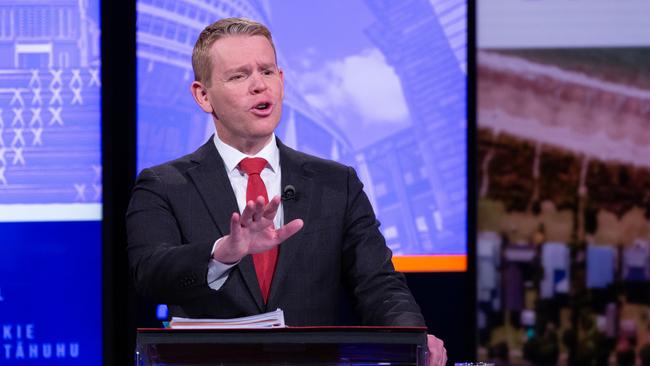
New Zealand is set to deliver a crushing end to the latest Labour government era, with polls showing National leader Christopher Luxon likely to defeat Chris Hipkins on Saturday and become the country’s next prime minister.
Mr Hipkins has failed to connect with voters in an election campaign dominated by concerns over cost of living, affordable housing and economic management, as he tried to distance himself from the legacy of his predecessor Jacinda Ardern, who became globally admired but resigned in January amid plummeting popularity.
However, despite Labour’s troubles, Mr Luxon, a former chief executive of Air New Zealand, has not managed to rise higher than the mid 30s in the polls and will almost certainly need the support of maverick MP Winston Peters and his NZ First party in a three-way coalition including the libertarian ACT party in order to gain the 61 seats needed to form a government in the 120-seat parliament.
Mr Peters, an unpredictable populist, is familiar with the king-making role; he has held the balance of power three times since 1996 and in 2017 propelled Ms Ardern to the prime ministership by entering into a coalition with Labour.
While he has ruled out any coalition with Labour in this election, if a three-way coalition is needed between National, ACT and NZ First, it may be several weeks before a new government is formed.
Mr Peters, a notoriously crafty politician, may also find a reason to change his mind over supporting Labour if he believes it would be a better road to power.
Mr Luxon has focused his campaign on Labour’s economic management, saying it promised so much but delivered so little for ordinary Kiwis on the economy, housing, infrastructure and cost-of-living pressures.
“If you feel like nothing has been delivered for you over the last six years, this election is an opportunity for change,” he said.
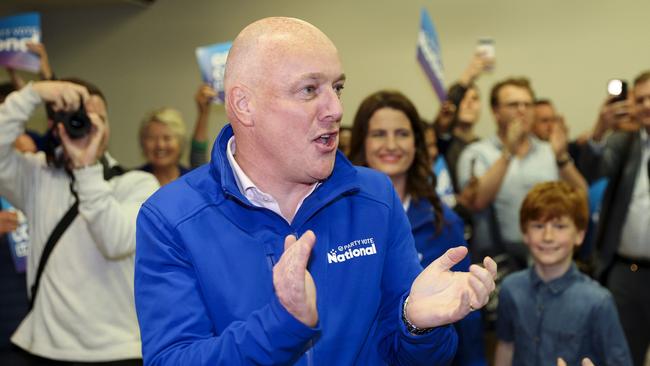
Mr Hipkins says his government is now dealing with the “bread and butter” issues that impact New Zealanders and has taken comfort in polls that show a slight narrowing in the gap between Labour and National.
“The late surge is on,” he said.
Despite closing the gap with National, Labour has seen its support drop so dramatically that a 1News/Verian poll this week suggested the number of Labour MPs could fall by nearly 50 per cent, from the current 64 to 35, with senior parliamentarians such as former Labour leader Andrew Little losing seats.
A defeat for Labour would make it the first government to lose power after two terms since proportional voting was introduced in 1993.
The Weekend Australian travelled through New Zealand this week and found voters deeply polarised about the legacy of the Ardern-Hipkins years and whether the government deserved a third term.
“I think the Labour party has become quite dysfunctional because it is now driven by ideology and Ardern and Hipkins are progressive socialists,” said James Thomson, a horse breeder who lives just north of Wellington.
“On the world stage, I thought Ardern performed quite well. She made lots of the right noises for the world but didn’t do the right actions here at home, not for New Zealanders anyway.
“She was absolutely too woke, she was trying to push an agenda that was quite left-leaning but our real-life concerns and our issues were forgotten,” he said.
Kim Holden, an education worker, said it was easy to be seduced by Labour’s progressive agenda under Dame Jacinda and now Mr Hipkins, but in the end there was little to show for the hype.
“Jacinda was a nice person who wanted to do well but she was politically naive about what needed to be done to improve our lives. It takes more than being nice to make things happen in the real world,” she said.
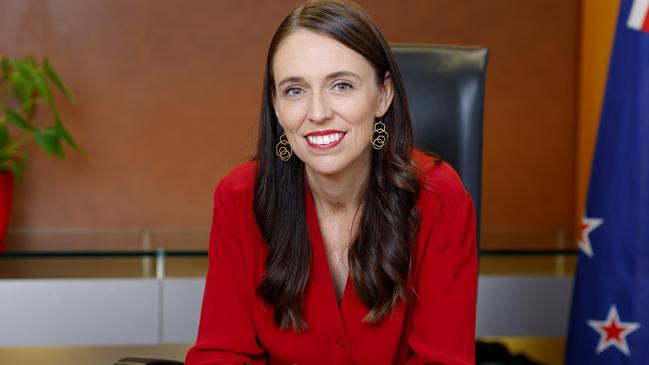
Retiree Bob Turner said as he practised his golf swing in sheep country north of Wellington that Labour’s so-called co-governance policy, where Maori have joint decision-making over local and national resources, was the main reason he was voting for Mr Luxon.
“Co-governance is my main concern because the Maoris effectively get more votes and more money than everyone else,” he says. “This country should be run on needs, not by race – it has just gone too far in my opinion.”
Yet Dame Jacinda, who had been absent from the campaign until this week when she urged voters in a Facebook post from the US to re-elect Mr Hipkins, still holds a special place in the heart of the Labour faithful.
“Jacinda, next to (former Labour prime minister) Helen Clark, was probably one of the best Labour leaders we had,” said Nicki Sullivan, a former long-time public servant.
“She had to deal with so much, from the mosque massacre to earthquakes and Covid and she did it so well.
“Maybe people are ready to see a change because rarely do you get a third term, but I think Labour’s record has been good.”
Duncan Lits, a 60-year-old primary school teacher, said Labour under Ms Ardern and Mr Hipkins looked after the people during a fearful time of shootings, natural disasters and Covid in a way that the conservatives would never have done.
“I think we lost a true leader when Jacinda stepped down,” he said. “I am worried Luxon will focus too much on the business community and not enough on real people.’
Mr Luxon is seen by many as a relative unknown, having been in politics for three years and leader since 2021.
National voters who spoke to The Weekend Australian saw him as a businessman who would be a more disciplined financial manager than Mr Hipkins, whereas Labour voters saw him as a conservative who would look after the rich at the expense of lower-income working Kiwis.
The New Zealand business community is wary of him after a series of errors in his fiscal plan, notably National’s controversial foreign buyers’ tax of 15 per cent on properties over $2m to help pay for $15bn of tax cuts for landlords and middle income earners.
The plan was rejected by independent economists and senior business people (who asked to remain nameless) told The Weekend Australian it showed Mr Luxon’s economic naivety.
However, they said they would vote for a National/ACT coalition, hoping that economically astute ACT leader David Seymour would be made finance minister.
Mr Luxon also showed political naivety during the last leaders’ debate this week, committing to a free-trade agreement with India in his first term as prime minister.
As Mr Hipkins rightly pointed out, India’s well recognised reluctance to sign an FTA with New Zealand made Mr Luxon’s commitment “a promise you can’t deliver on”.
Political commentators describe Mr Luxon as a mystery as a politician, someone they fear will behave as a CEO rather than a prime minister.
Bryce Edwards, a political analyst at Victoria University in Wellington, told The Weekend Australian: “He’s something of a blank canvas, and I’m not sure what that’s going to mean for the next government.
“The NZ prime minister he most reminds me of is Jim Bolger – a very good chair of the board but not exactly dynamic or clear about where he wants to take the country.”
Oliver Hartwich, the executive director of the New Zealand Initiative, a pro-free-market public policy think tank, said: “Over the campaign, Chris Luxon has kept telling the New Zealand public that he has experience with turnaround jobs.
“He will need that experience if he becomes prime minister. In particular, he will need to assert himself against the public service, which has become the dominant force in New Zealand politics.
“If Luxon uses his management expertise to position himself as a hands-on, reformist and decisive prime minister, he has a chance of succeeding.”

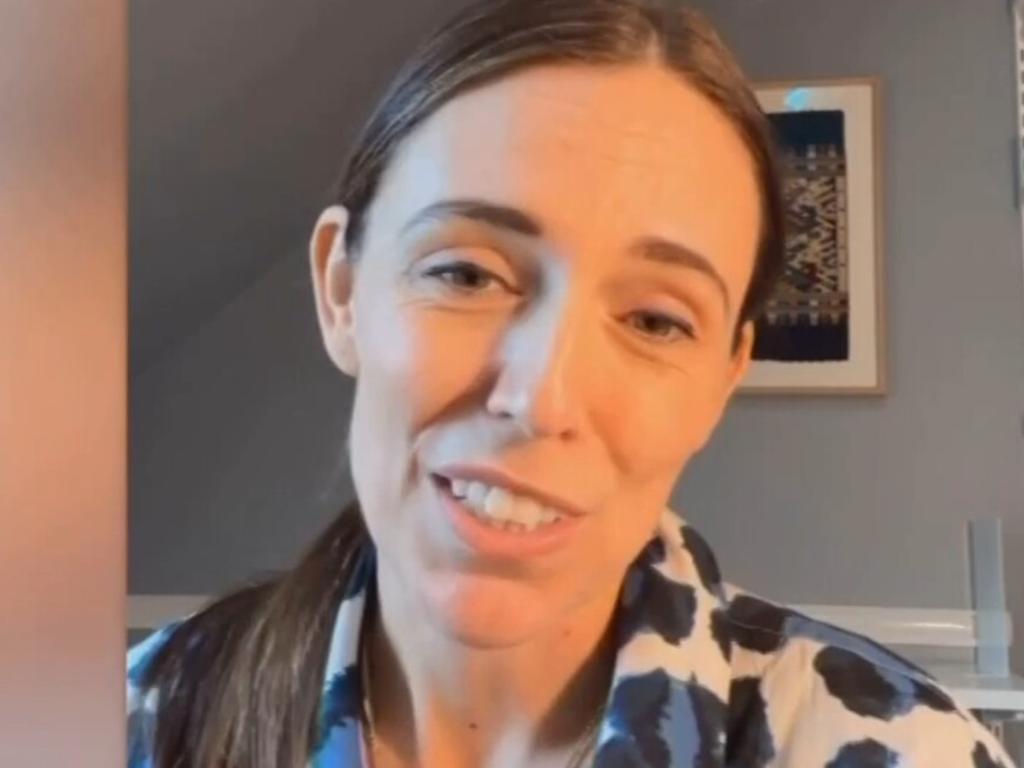
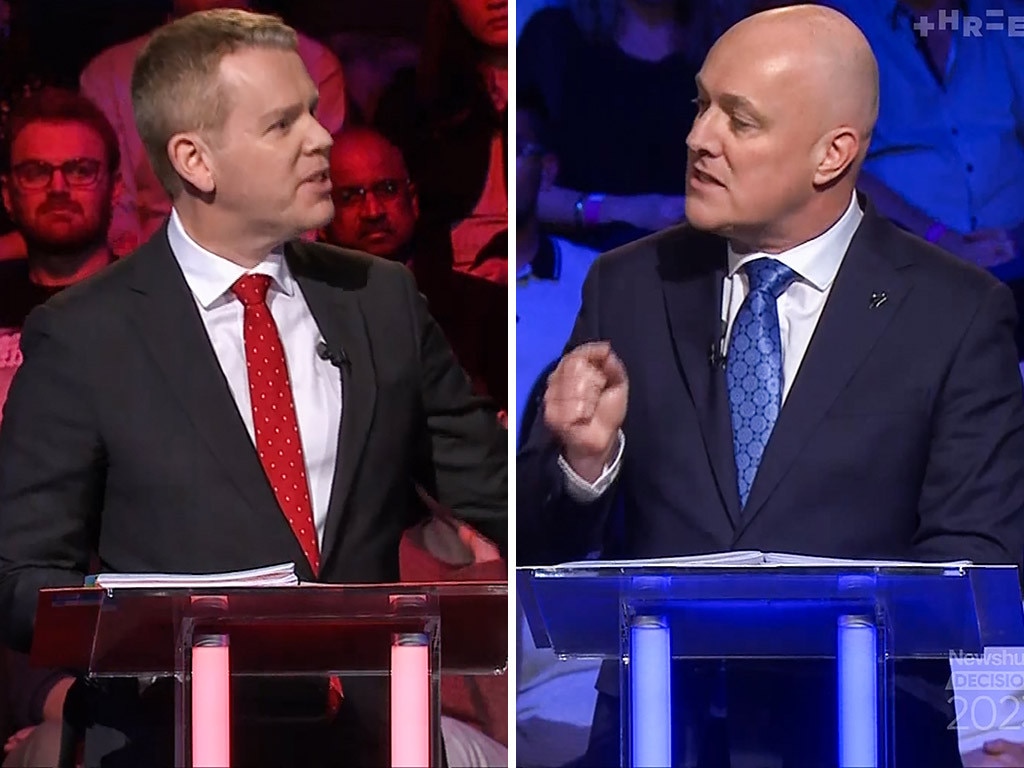
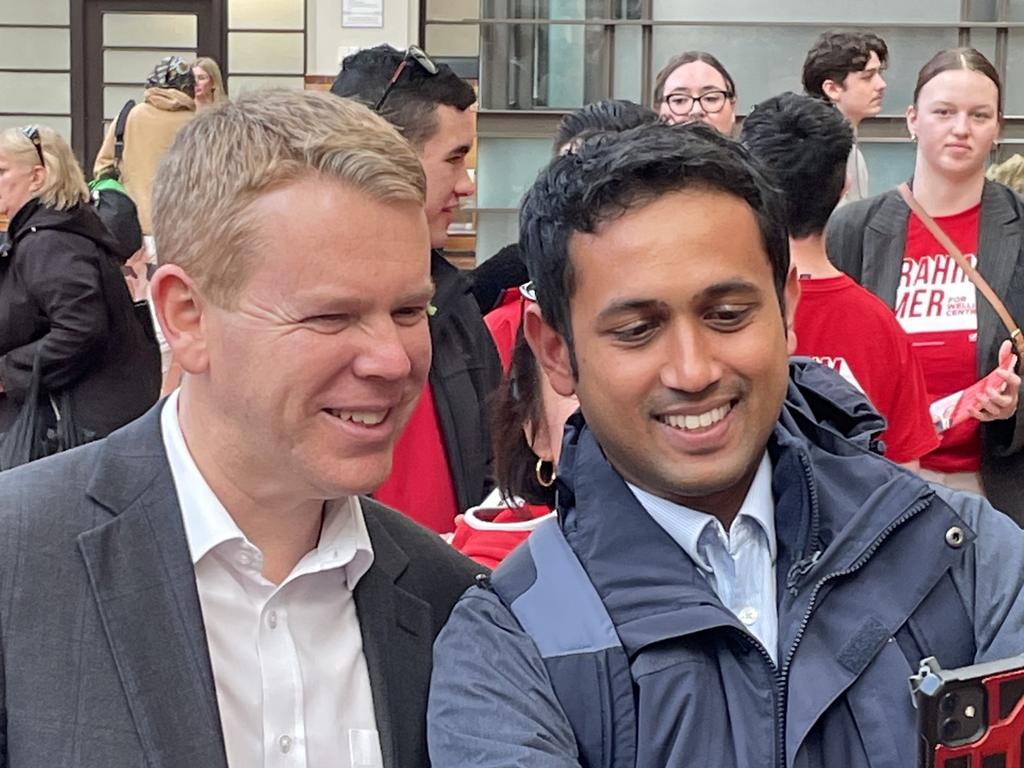
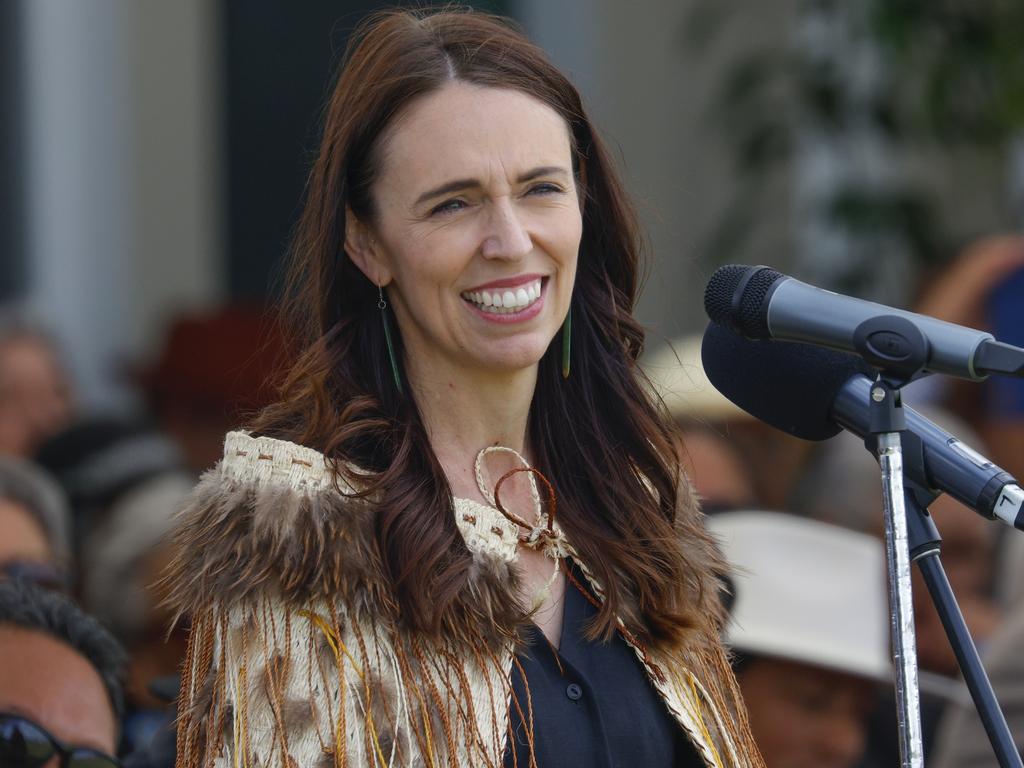

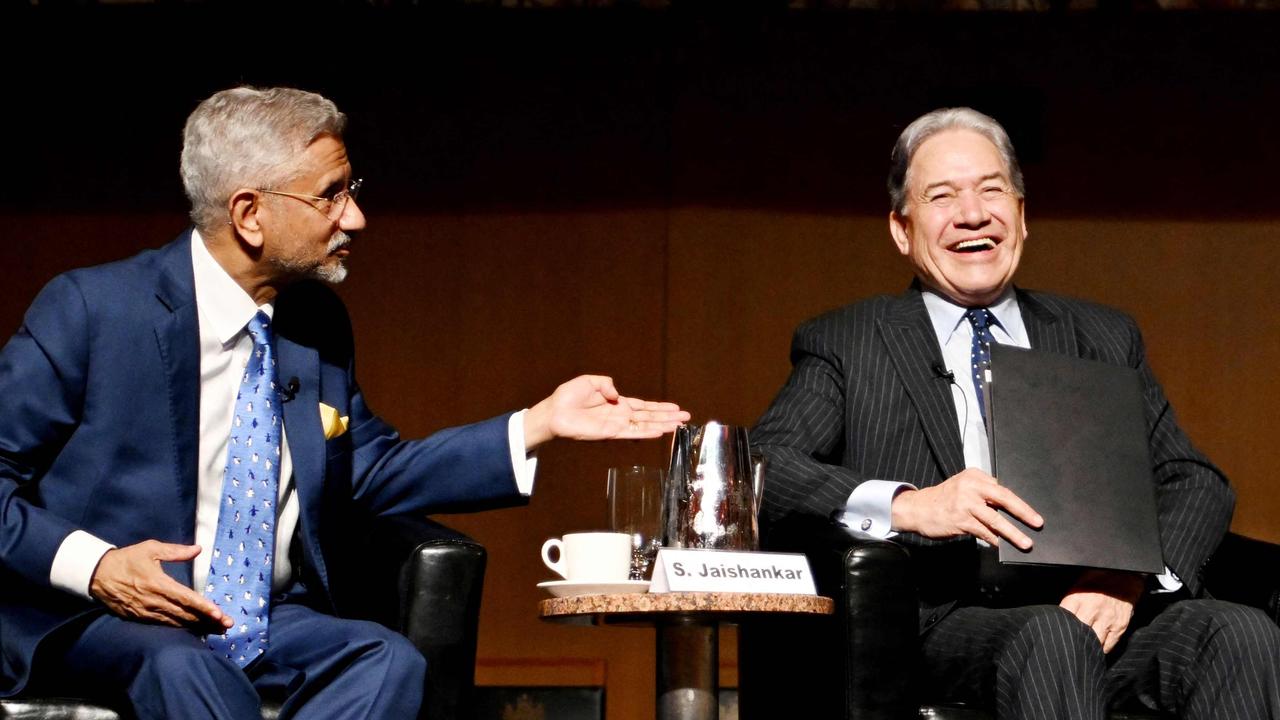
To join the conversation, please log in. Don't have an account? Register
Join the conversation, you are commenting as Logout